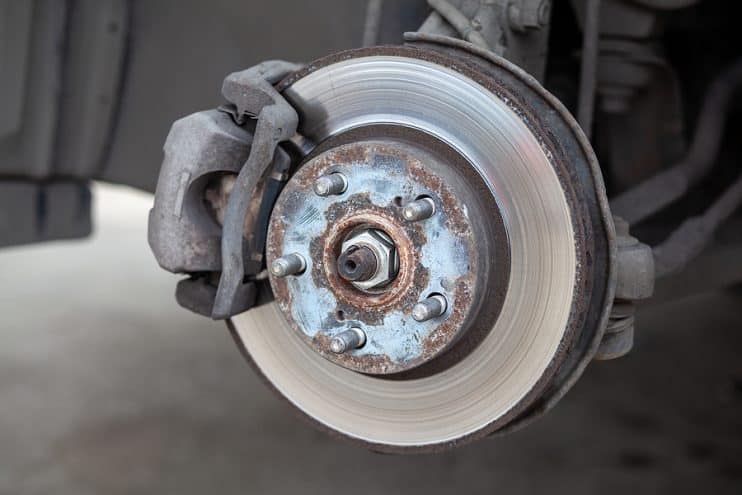
Brake calipers are an essential component of your vehicle’s braking system, alongside brake pads and brake discs. When you push down on your brake pedal, a master cylinder in the engine compartment pressurises the brake fluid within it to activate a piston. This piston pushes against the brake caliper, which acts as a clamp that squeezes the brake pads against the rotating brake discs.
This pressure produces friction which slows the wheels’ rotations in order for them to slow down or stop altogether.
What are the symptoms of a failing brake caliper?
Brake calipers are expected to last as long as your vehicle, or up to around 100,000 miles. They are sturdy, simple mechanisms that aren’t subject to as much wear and tear as pads or discs. However, they can sometimes go wrong. Here are the signs and symptoms that may indicate you need to buy new or used brake calipers.
1. Dashboard warning light
If your brake warning lights come on, it’s a sign that something has gone wrong within your car’s braking system. Although it can mean several different issues within the braking system, it could be a sign that the brake calipers are failing.
2. Leaks
If you’ve noticed brake fluid in your engine compartment or around your wheels, this may be a sign that your brake caliper has developed a leak and is draining fluid. Leaks can develop through the bleeder screw or piston seal.
3. Vehicle pulls to one side
Sometimes calipers can get stuck as they press against the pads and discs. If you have a stuck caliper pulling too hard on one side of the vehicle, you may notice a dragging or pulling sensation when you brake or even when you’re driving. Replacing the stuck caliper should rectify this immediately.
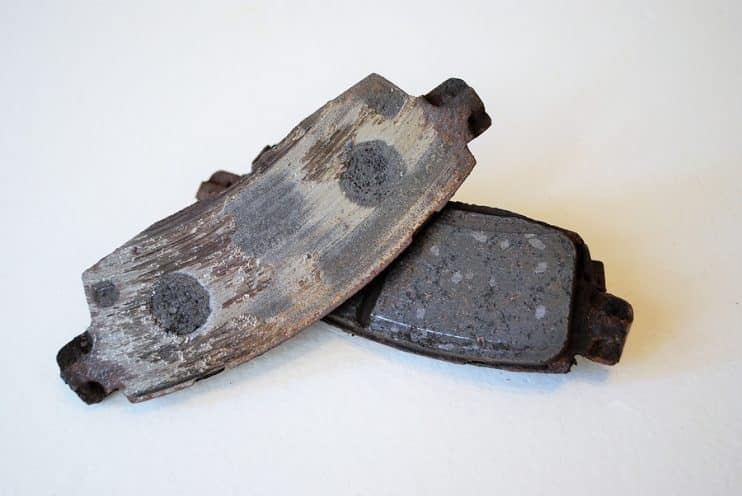
4. Uneven brake pad wear
As with pulling to one side, a stuck brake caliper can wear out the brake pad it’s pushing against, causing uneven wear and tear. It’s always advisable to have all four brake pads replaced, even if only one side is worn. Brake pads should be perfectly aligned with each other to work correctly.
5. Reduced stopping power
A faulty brake caliper will reduce your vehicle’s ability to stop effectively. If it feels like it’s taking more effort to stop, such as you having to pump the brake pedal continuously, get your braking system checked out.
6. Soft spongey brake pedal
If the brake caliper fails to clamp down properly, your brake pedal may feel soft or spongey when you’re using it. Likewise, a caliper that’s leaking brake fluid can also cause the pedal to feel spongey.
7. Clunking sound
Loose brake calipers or calipers that have detached can bounce around, causing a clunking or rattling sound that can worsen as your vehicle travels over bumps.
8. Squealing
If you have a sticking caliper, it may be continually forcing the brake pads against the brake disc, resulting in a squealing, squeaking or grinding sound.
9. Smells
A stuck caliper can also cause an unpleasant hot brake smell as the friction and heat between the pads and the disc builds up, or you may even notice smoke coming from your vehicle.
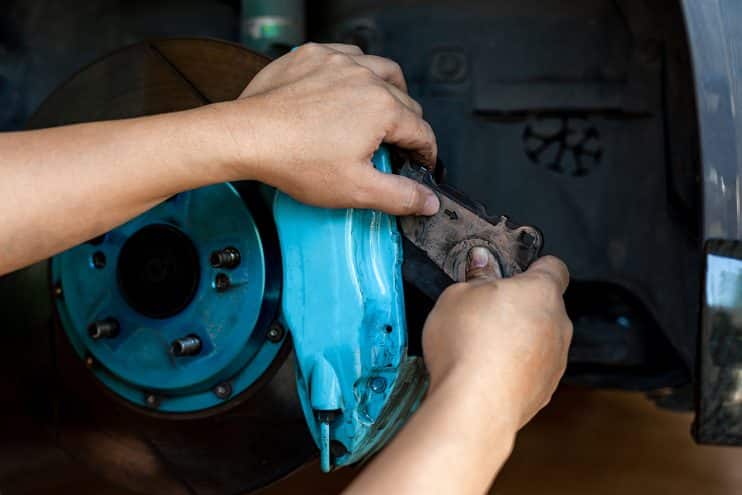
What causes brake caliper issues?
While brake calipers are pretty sturdy components, they are continually subjected to a lot of heat, causing wear and tear. They can also be affected by dirt, brake dust and debris, causing them to stick or eventually fail. Four other components within the braking system can fail, leak or stick, which impacts the brake calipers:
- Brake hose: A worn-out hose may mean that brake fluid only flows one way – toward the calipers. This continual pressure means the caliper can stick.
- Caliper slides: Calipers have grooves that secure the brake pads and allow the pads to slide smoothly in and out during braking. If the brake pads seize up because of a lack of lubrication, debris or dirt, the calipers themselves can become stuck.
- Caliper bolts: Torn rubber boots on the caliper bolts can mean they lose lubrication over time, causing the brake caliper to stick.
- Caliper piston: If the caliper pistons and the caliper housing aren’t well aligned, it could cause the piston to bend during braking.
Regularly checking the condition of your brake discs and pads is a good idea to ensure there are no problems that could be a sign of a failing caliper, or that an existing problem could be affecting the calipers. Always replace both pairs of brake pads when one pair is unevenly worn and keep your brake fluid topped up to ensure every component works smoothly.
If you’re not confident about checking your braking system, ask a local mechanic to do it for you. As a rough guide, you should be getting your braking system checked out every six months.

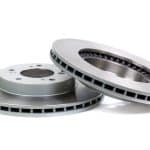
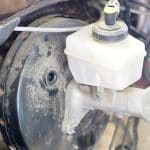
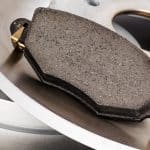
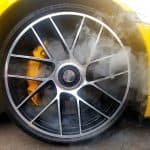
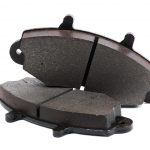
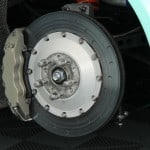
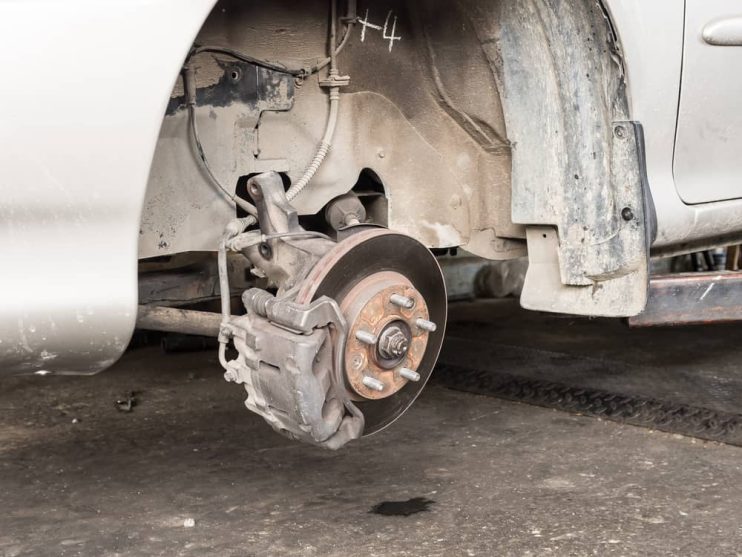
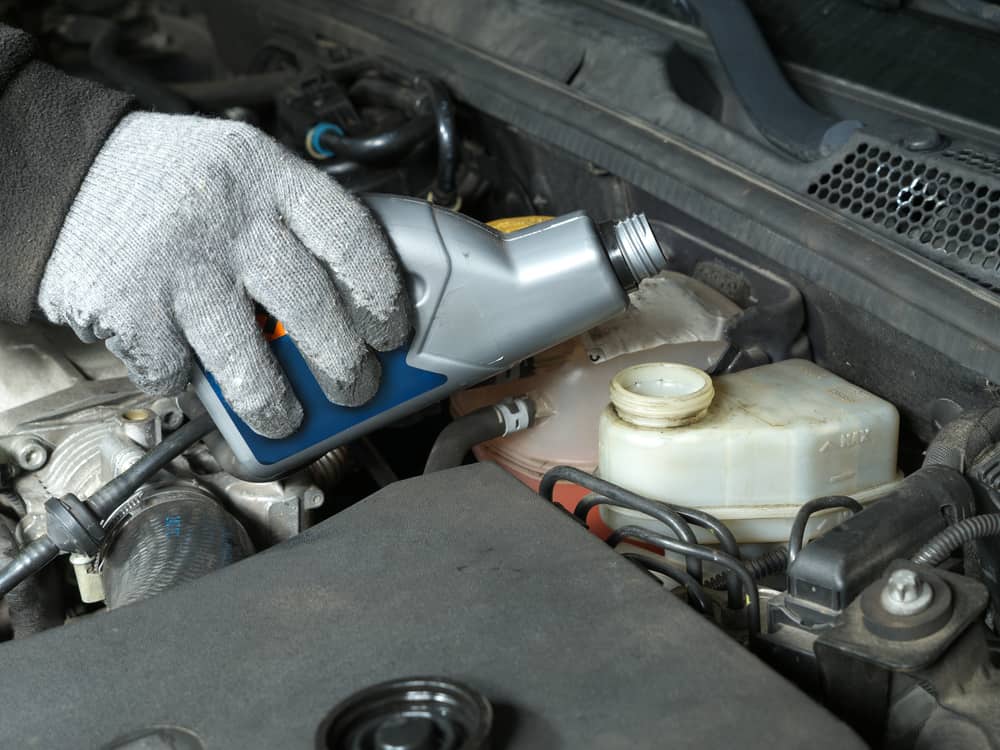

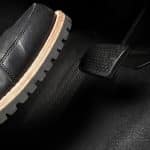
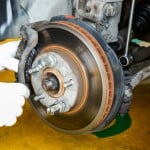
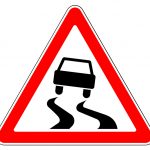
.png)